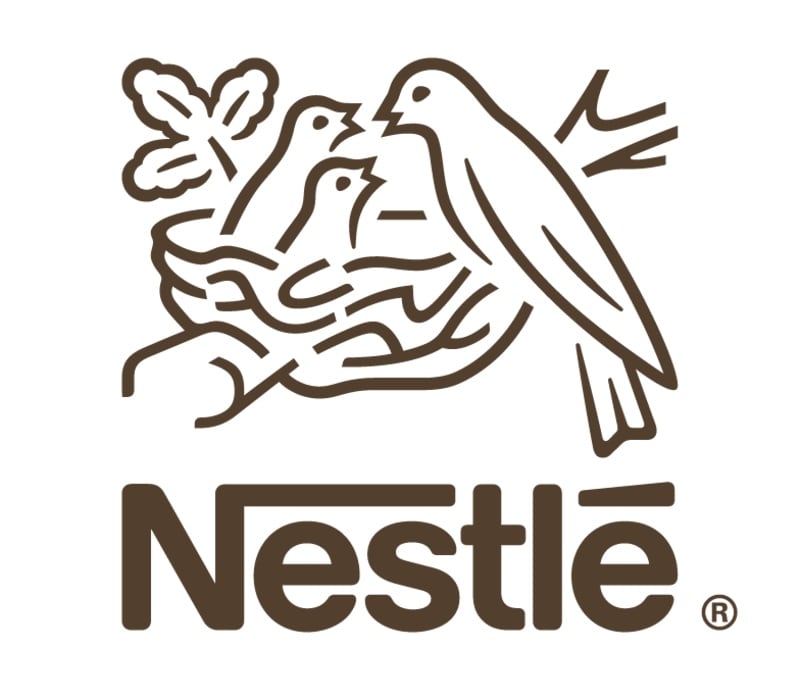Home baking, flavour innovation and healthier options: Top APAC bakery firms weigh in on trends dominating sector
Bakery products have always been a staple in the Asia Pacific region for breakfast and snacking occasions, but the COVID-19 pandemic has boosted the sector’s growth significantly in the past year, primarily driven by the home-baking, flavour innovation and healthier eating trends.
In this episode of the FNA Deep Dive, we take a closer look at the bakery sector in APAC and find out more about the trends driving the industry post-COVID-19, with input from various leading firms in the industry.
According to ready-to-bake product mixes specialty firm Betty Crocker, owned and operated by F&B giant General Mills, home-baking and in-home consumption is one of the most major trends in the region that has driven the bakery sector upwards during the recent lockdowns.
“With lockdowns and limited mobility, in-home consumption has grown significantly, and with consumers also working from home, they are taking more time to prepare meals for their families and learn new skills,” General Mills Head of Marketing, South East Asia Kaajal Shivdasani told FoodNavigator-Asia.
‘Necessity, not luxury’: Climate change supercharging cell-based and precision fermentation dairy sector
Pressures brought on by the ongoing climate crisis are predicted to drive the price parity and race towards product launches for high-tech dairy alternatives using cell-based technology and precision fermentation, according to a panel of experts.
Cell-based dairy technology has been estimated to require decades before any tangible results can be delivered due to the many hurdles still in the way of mass production, but according to TurtleTree Labs Chief Strategist Max Rye, the wait is unlikely to be quite so long.
“Many people think that it will be at least 20 years before seeing anything concrete out of this space, but I believe they will all be proven wrong soon,” he told the floor.
“A lot of tools are available now that were not around in the past and the technology is moving faster and many of the different technologies are also merging together [to create better solutions], so it’s going to be sooner than later – in fact, my ambitious prediction is that in the next three years, we’re going to be seeing a lot more of such products on the market.”
Healthy snacking in Asia: Convenience, nutrition and localisation key drivers of post-COVID-19 innovation – Expert Growth Asia panel
Convenience, nutrition and meeting localised needs have been identified by experts as the three top drivers that food firms looking to innovate in the healthy snacking space in Asia need to take note of in a post-COVID-19 world.
The experts convened at the Healthy Snacking session of our recent Growth Asia Interactive Broadcast 2021 series, organized by FoodNavigator-Asia and NutraIngredients-Asia. [Watch again on-demand here.]
The panel agreed that snacking in general and healthy snacking in particular is rapidly on the rise in the Asia Pacific region, especially with many consumers having developed a habit of eating many small meals and snacking through the day during the COVID-19 lockdowns.
“Meals have very much changed today, where consumers are now looking for more fragmented meals as they prefer to eat in front of screens, and also a reduction in the size of meals,” Mars Wrigley General Manager Asia Patrick Gantier told the audience.
“When it comes to healthy snacking, adjusting portion sizes is a very important strategy for Mars Wrigley as it not only meets consumer demands, but also serves as a good way to offer consumers the same experience of a snack, anywhere in the world, in a more permissible amount."
Local is focal: Australian consumer preference for domestic, trustworthy products going strong - Drakes Supermarkets bosses
Australian consumers’ appetites for domestic, trustworthy brands is at an all-time high due to COVID-19 and is not expected to disperse any time soon, according to the heads of Australia’s largest independent grocery store Drakes Supermarkets.
The advent of the COVID-19 pandemic triggered various different trends in the Australian food and beverage industry, but in Drakes Supermarkes’ home turf South Australia, none has been as obvious as the uptick in local product purchases.
“COVID-19 really kicked this off and made people more aware, we’re definitely seeing that people especially here in South Australia are wanting local products a lot more and are sticking to these choices,” Drakes Supermarkets Director John-Paul Drake said.
“It’s not just produce, it’s also the choice of retail because now they’re not shopping around in different supermarkets as much and instead coming back to places they know and trust [like the independents where they can have assurance] they are really spending their money to buy local.”
Cutting carbs: India’s Lo! Foods eyes exports to Europe with low-carb and keto-friendly bakery and snacks
Indian low-carb and keto-friendly brand Lo! Foods plans to begin exports to Europe with a new range of brownie, pancake and waffle mixes created to cater to the international audience.
The current range consist of low-carb and keto-friendly flours, namkeens, desserts and cookies.
According to founder, Sudarshan Gangrade, the aim was to develop low-carb alternatives to the carbohydrate-heavy Indian diet.
All of Lo! Foods products provide less than 5g of carbohydrate per serving, which is approximately 60% lower than similar products in the markets. For instance, typical Murukku contains between 9 to 11g of carbohydrates per serving, while Lo!’s has 2.9g.





